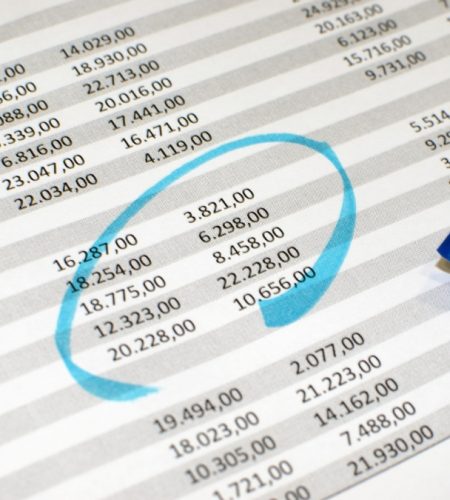If you’re a new landlord, navigating rental property accounting is vital for success. Understanding record-keeping, accounting methods, income, expenses, and security deposits is key.
Maintain detailed transaction records, use tools like rent ledgers, and know the differences between cash and accrual accounting methods. Properly managing finances will maximize profits and reduce taxable income.
By separating personal and business finances and using digital tools, you can streamline accounting processes for a successful landlord journey.
Importance of Detailed Record-Keeping
Utilizing detailed record-keeping is crucial for effectively managing rental property finances and tracking transactions as a new landlord. Proper accounting for rental property ensures accurate reporting and compliance with real estate accounting standards.
By maintaining meticulous records of income and expenses through property management accounting, you can analyze profitability and make informed financial decisions.
Implementing efficient systems like rental property accounting software streamlines processes, saving time and reducing errors.
Tracking every transaction, receipt, and invoice diligently is key to successful property management. Stay organized, utilize tools tailored for property management accounting, and prioritize record-keeping to navigate the financial aspects of being a landlord smoothly.
Understanding Accounting Methods
When starting out as a new landlord, you need to understand the difference between cash basis and accrual basis accounting. Cash basis accounting records transactions when money actually exchanges hands, making it simpler but potentially misleading for long term financial analysis.
On the other hand, accrual basis accounting recognizes revenue and expenses when they’re incurred, providing a more accurate long-term financial picture despite being more complex to manage. Choosing between these methods affects how you report income and expenses, impacting your tax obligations and financial reporting.
It’s crucial to pick the method that best suits your rental property business and comply with any regulatory requirements based on your revenue levels.
Managing Income and Expenses
How do you effectively manage income and expenses as a new landlord, transitioning from understanding accounting methods to practical financial management in your rental property business?
Start by categorizing your rental income sources, including rent, late fees, and any additional agreements.
On the expense side, track costs such as repairs, marketing, and salaries. By accurately reporting these expenses, you can lower your taxable income and boost profits.
Implement a system for handling security deposits and fees, setting clear guidelines for tenant accountability. Consider using property management software for automated fee collection and monitoring.
Separate personal and business finances with dedicated accounts, and leverage digital tools like accounting software for efficient record-keeping and financial management.
Handling Security Deposits and Fees
As a new landlord, you should establish clear guidelines for handling security deposits and fees to ensure tenant accountability and financial transparency. Clearly outline the terms related to security deposits, including the amount required, the conditions for refunding, and any deductions permissible.
Establish a systematic process for collecting and documenting fees such as late payments, maintenance charges, or pet deposits. Communicate these policies to tenants upfront to avoid misunderstandings.
Utilize property management software to streamline the collection, tracking, and refunding of security deposits and fees. By maintaining organized records and adhering to a structured approach, you can effectively manage these financial aspects of your rental property while fostering a positive landlord-tenant relationship.
Efficient Record Management and Software Utilization
Utilize dedicated software for streamlined record-keeping and efficient financial management in your rental property accounting.
Digital tools such as property management and accounting software can significantly enhance your record management processes. By using rental property accounting software, you can automate tasks, streamline budgeting, and generate detailed financial reports with ease.
These tools help you stay organized, track transactions in a timely manner, and maintain accurate financial records for your rental properties. With the right software, you can simplify complex accounting tasks, reduce manual errors, and gain valuable insights into the financial performance of your rental business.
Make the most of technology to optimize your record management and financial efficiency as a new landlord.
Conclusion
In conclusion, as a new landlord, it’s essential to prioritize:
– Detailed record-keeping
– Understanding accounting methods
– Managing income and expenses effectively
– Handling security deposits and fees with care
– Utilizing efficient record management tools and software.
By staying organized and implementing best practices in rental property accounting, you can ensure financial success and maximize profits in your landlord journey.
Remember to:
– Separate personal and business finances
– Enforce clear fee policies
– Utilize digital tools for streamlined processes.

